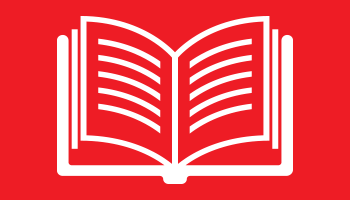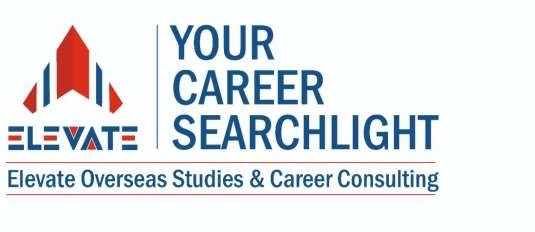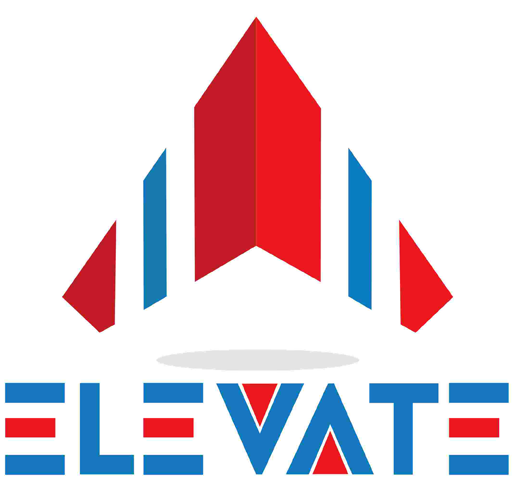CANADA EDUCATION SYSTEM – LEVELS OF STUDY AND RELATED

Here’s an overview of the Canadian education for you.
One of the major reasons behind Canada’s popularity among students is its affordable quality education. The Canadian government spends generously on higher education and is among the top three countries to spend per capital on post-secondary education. Let’s find out more about the Canadian education system.
Study levels in Canada
Since the education system in Canada is managed by the provincial governments, the study levels and educational stages may lie in different clusters with different names. Here’s a synopsis:
| Qualification | Duration | Description |
|---|---|---|
| Certificates and Diploma | 1 to 2 years | Vocational and job oriented programs, mainly technical |
| Associate degree | 2 years | Equivalent to first two years of a 4-year bachelor's degree |
| Bachelor's degree | 3 to 4 years | And undergraduate degree which requires successful completion of secondary school. The duration of your course depends on the province and type of program although most courses last for 4 years. Certain provinces like Quebec have bachelor's degree of 3 years. |
| Bachelor's Honors degree | 4 years | This will require getting a specific GPA or credits, a majors or a specialist program |
| Postgraduate diploma | 1 to 2 years | A post bachelor degree qualification |
| Master's degree (by thesis) | 1 to 2 years | Often referred to as research masters, this requires mandatory submission of thesis for assessment and course completion |
| Master's degree (by non-thesis) | 1 to 2 years | This is a taught master's degree, not requiring thesis submission |
| Doctorate or PhD | 4 to 7 years | Ph.D. is awarded when students complete dissertation and successfully defend their work before a panel of faculty members |
| Post-Doctoral Programs | No time limit | Specialised research-oriented programs |
Types of institutions
There are different types of qualifications offered by various institutions of Canada.
- University: Students can apply for undergraduate degree, postgraduate certificate, diploma and degree, professional degrees and doctorate in universities of Canada.
- University colleges: Programs offered by university colleges include diploma and university transfer programs.
- Community colleges: Students can get certificate, diploma, associate degree, undergraduate degree and postgraduate diploma in community colleges.
- Career and technical colleges: Certificate and diploma offered for technical education.
Co-operative education
This unique platform brings together classroom-based education and practical work experience making for more structured and pragmatic learning. This is an exceptionally wonderful avenue for international students who do not wish to consume themselves in a completely lecture-based education. Note that 50% of the program will include work experience therefore you must have a work permit.
Academic year
September is the main intake in Canada and witnesses maximum number of student admissions. While most colleges and universities offer the September and January intake, you may also be able to get admissions in the Summer intake that starts around April/May.
Pedagogy in Canadian classrooms
Active participation, research and analysis via presentation, assignments and lab tests are the basis of Canadian learning. Classes are usually a mix of lectures, tutorials and lab sessions having a student strength of about 30 to 200. While lectures may have a higher number of students, tutorials are generally held within small groups for better and in-depth understanding of the concept. Canadian universities focus on providing a holistic experience wherein students get opportunities that improve their learning, career and life.
Tuition fee
In comparison to the UK, Australia and New Zealand, Canada offers the lowest tuition rates for foreign students.
To cover tuition fees, you will needbetween CAD 7,000 and CAD 29,000 (indicative costs) a year. However, this is a general guide only and cost varies in relation to the institution and program you are applying for, as well as the location and lifestyle.

Tuition fee
In comparison to the UK, Australia and New Zealand, Canada offers the lowest tuition rates for foreign students.
To cover tuition fees, you will needbetween CAD 7,000 and CAD 29,000 (indicative costs) a year. However, this is a general guide only and cost varies in relation to the institution and program you are applying for, as well as the location and lifestyle.
Financial aid
Financial aids are available for Indian students applying to Canadian students in the form of scholarships, grants, bursaries, tuition waiver, etc. Note that the amount of the reward and its type varies between various institutions and programs. Since getting a scholarship is competitive, we recommend you to start with the procedure about 8-12 months before the preferred intake begins
Here’s an overview of the kinds of scholarships you can apply for based on your study level.

For undergraduates (UG)
- Merit-based scholarship
- Provincial Government scholarship
- Need-based grants and bursaries by college
- Tuition waiver
- Commonwealth scholarship
- Private/Organisational scholarship
For Postgraduates (PG)
- Merit-based scholarship
- Provincial Government scholarship
- Research associate-ship
- Professional Development award
- Fellowship
- Teaching assistantship
- Commonwealth scholarship
- Private/Organisational scholarship
| Popular programs among Indian students | |
| Global Business Management | Mechanical Engineering - Industrial & Design/Automotive |
| Project Management | Hospitality Management and Culinary Arts |
| Biotechnology | IT Business Analytics |
| Big Data Analytics | Embedded Systems |
| Wireless Networking | Fitness and Health Promotion |

